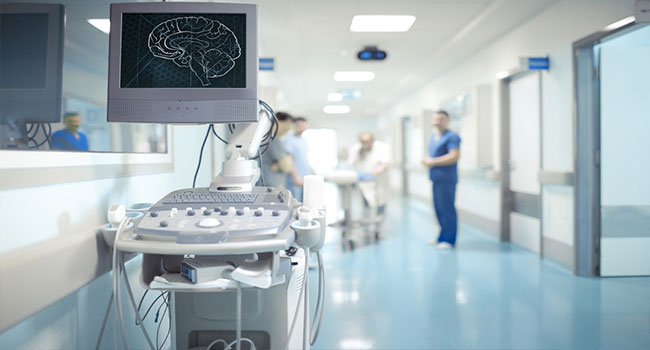
Healthcare Industry Facing Growing Range of Cyber Threats From Hackers, Foreign Countries
A new report predicts a new frontier of cyber attacks for healthcare organizations, including ransomware, international espionage and the hacking of biomedical devices.
- By Haley Samsel
- Aug 22, 2019
Thanks to the wealth of sensitive data maintained by healthcare organizations, the healthcare industry is facing a wide “range of threat actors and malicious activity” from criminals and even other countries, cybersecurity firm FireEye finds in a report released Wednesday.
“Given the critical role it plays within society and its relationship with our most sensitive information, the risk to this sector is especially consequential,” FireEye writes.
The current threat landscape can be separated into two different categories, the company found: theft of data and “disruptive and destructive threats.” Most hackers targeting the industry are motivated by financial gain, but a relatively smaller threat includes cyber espionage campaigns conducted by international actors, most notably China.
Those actors appear to be driven by an “interest in acquiring medical research and collecting large data sets of information, potentially for the purpose of fostering intelligence operations.” In April, suspected Chinese cyber espionage hackers targeted an American health center that focuses on cancer research, a high priority for a country facing growing cancer and mortality rates.
In addition, healthcare organizations also face the potential consequences of disruptive and destructive threats, which can hurt the ability of healthcare providers to conduct normal operations.
FireEye found that the industry was particularly vulnerable to ransomware attacks, which locks out administrators from their systems until they pay a fine to regain access. Ransomware has recently paralyzed cities like Atlanta and Baltimore, most recently shutting down certain systems in 23 local Texas governments in what the state believes was a coordinated attack.
Perhaps the most concerning finding in the report was FireEye’s prediction that medical devices will become the next target for hackers. The firm found that the use of healthcare-focused IoT devices -- including remote patient monitoring and tracking systems -- “increase the theoretical attack surface” for healthcare providers.
Indeed, FireEye found that several such devices are “insecure by design” in order to provide access to data for providers and physicians. “We suspect that other types of medical devices have similar security shortfalls,” the report reads.
The company predicts that the threat landscape in this area will only grow larger.
“Looking forward, the increasing number of biomedical devices used for critical functions within hospitals and healthcare providers presents a growing security challenge,” the report reads. ‘Furthermore—given their importance and value—a growing willingness by cyber crime, or, in a period of heightened geopolitical tensions, nation state actors—to deploy disruptive and destructive tools may significantly increase the impact from these threats we have observed to date.”
About the Author
Haley Samsel is an Associate Content Editor for the Infrastructure Solutions Group at 1105 Media.